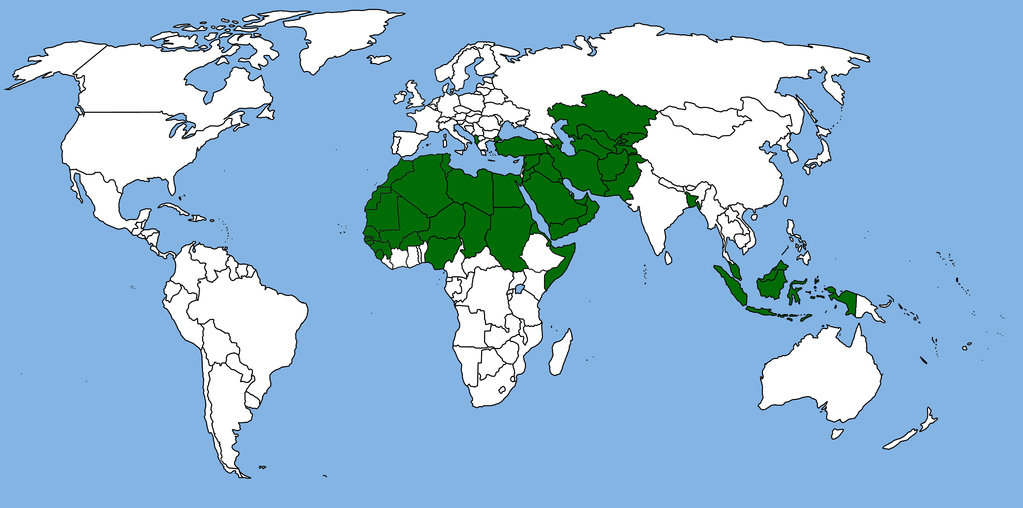For more than three centuries, the Muslim world has endured decline, disunity, and subjugation, historians and analysts say, tracing a trajectory from the fall of the Mughal Empire to the dismantling of the Ottoman Caliphate and the partitioning of Arab lands by colonial powers.
The lessons of this history, argues political commentator Jamil Orakzai, remain urgent today. “World politics is not a garden of justice but an arena of power. In this arena, weakness translates into humiliation,” he writes, stressing that the decline of Muslim nations was compounded by internal division and intellectual stagnation.
From the eighteenth century onward, Muslim empires once leaders in science and governance fell behind Europe’s Industrial Revolution, leaving their peoples militarily vulnerable and economically dependent. Colonial borders, imposed without regard for local aspirations, fractured the region further. The disintegration of Palestine, the unresolved conflict in Kashmir, and wars in Iraq, Afghanistan, and Syria are described as ongoing consequences of this weakness.
Yet, Orakzai notes, history also shows that decline can be reversed. He identifies six key steps for revival:
-
Unity and Solidarity — Transforming the Organization of Islamic Cooperation into a functional alliance capable of joint economic, military, and scientific policies.
-
Investment in Knowledge — Prioritizing modern education, science, and technology to empower youth and reduce dependency.
-
Economic Self-Reliance — Building a Muslim Economic Union modeled on the EU to harness resources internally and strengthen trade corridors.
-
Defense Alliances — Establishing a NATO-like security framework to protect against external threats, with emphasis on modern weaponry and cybersecurity.
-
Diplomatic Cohesion — Speaking with one voice on global issues like Palestine and Kashmir, while using media and technology to shape narratives.
-
Spiritual and Moral Revival — Reestablishing justice, accountability, and ethical leadership rooted in both Islamic values and modern governance.
Despite accounting for nearly one-quarter of the world’s population, Muslims contribute just eight percent to the global economy. “The cure for three centuries of weakness lies in unity, knowledge, and faith,” Orakzai emphasizes, calling for a decisive shift from disunity to collective strength.
The challenge, he concludes, is whether the Ummah will remain in subjugation or rise to reclaim its lost influence on the global stage.


